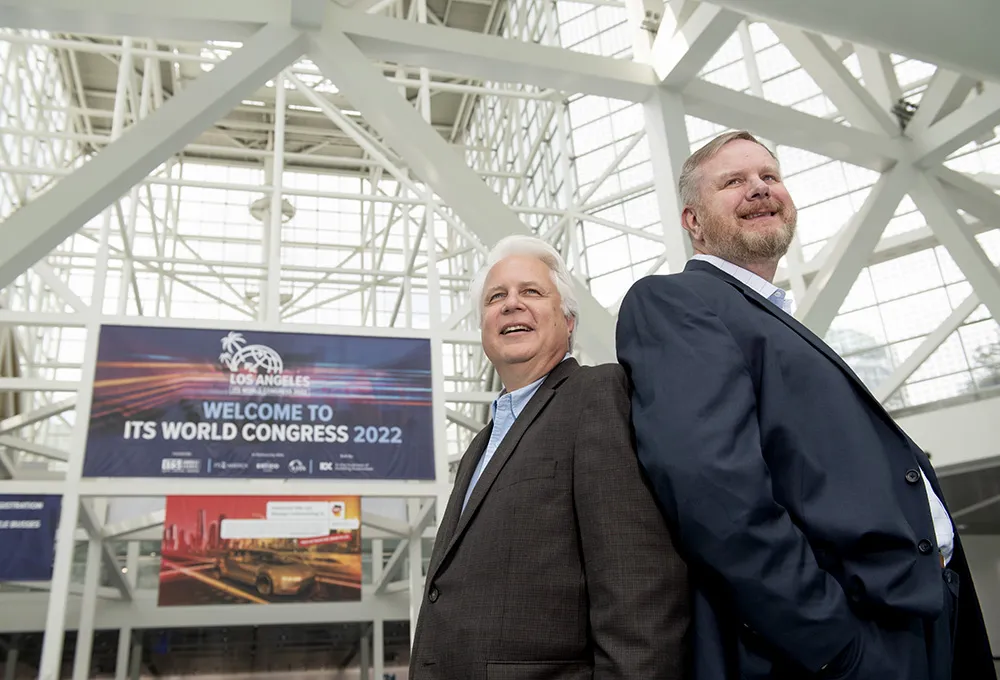In autumn 2017, the state of Washington in the US is to begin a pilot road user charging (RUC) program, involving 2,000 volunteers across the state. During the pilot period, the state will track their mileage in several different ways including odometer readings and a smart phone app. Another option will be charging drivers a flat fee. Drivers will report on the positive and negative impacts of the road usage fee.
US company D'Artagnan Consulting prepared the detailed state-wide RUC demonstration impleme
December 16, 2016
Read time: 1 min
In autumn 2017, the state of Washington in the US is to begin a pilot road user charging (RUC) program, involving 2,000 volunteers across the state. During the pilot period, the state will track their mileage in several different ways including odometer readings and a smart phone app. Another option will be charging drivers a flat fee. Drivers will report on the positive and negative impacts of the road usage fee.
US company D'Artagnan Consulting prepared the detailed state-wide RUC demonstration implementation plan for the project, working with Berk Consulting,8556 WSP | Parsons Brinckerhoff and several DBE firms.
US company D'Artagnan Consulting prepared the detailed state-wide RUC demonstration implementation plan for the project, working with Berk Consulting,









